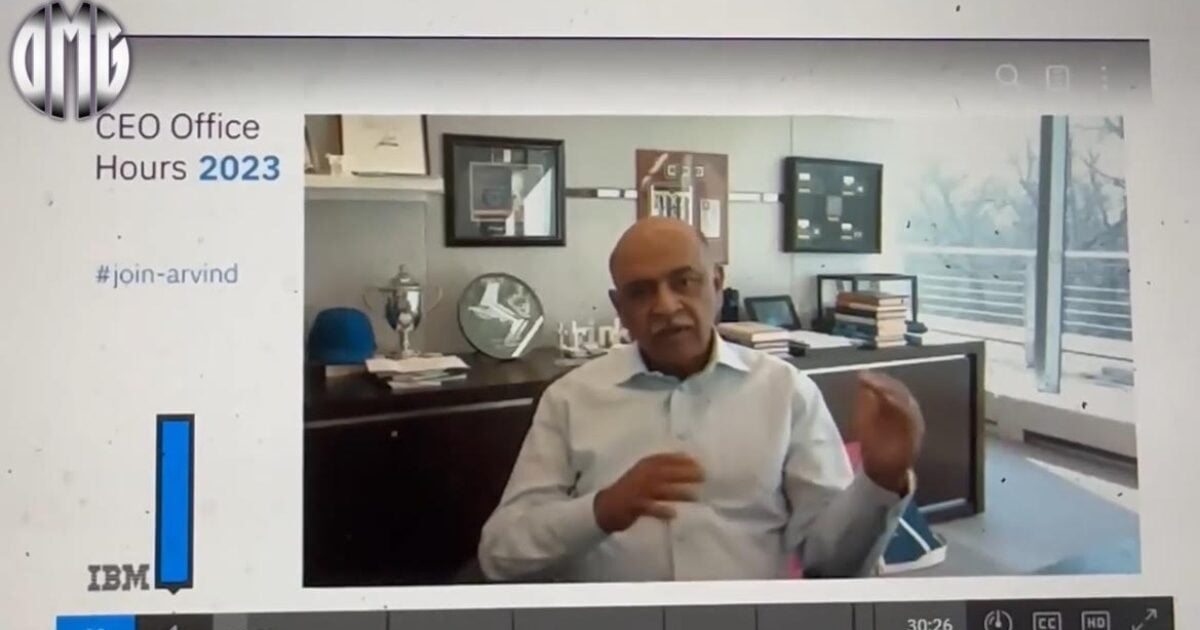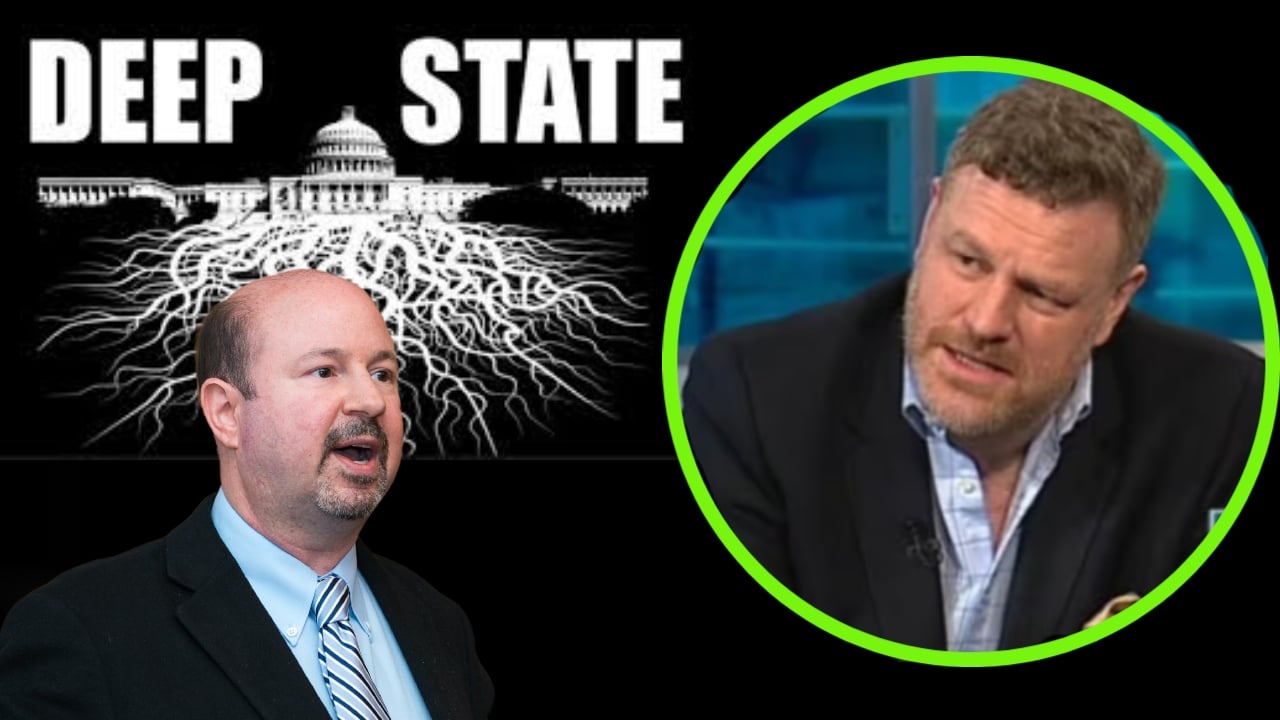Charlie Kirk’s life ended at just 31 years old, leaving his wife, two children, and a generation of conservative students who had turned to him for guidance.
For many, his death marks the silencing of a national figure. For me, it represents the loss of a mentor who altered the trajectory of my life.
For sixteen years, I wrestled with challenges that others could not see. Despite growing up surrounded by constant pressure to achieve, I could not finish a single book.
Exams left me exhausted—not because I lacked knowledge, but because I could not maintain focus.

Teachers labeled me unmotivated, and classmates concluded I didn’t care. In reality, I was working harder than anyone could imagine, only to feel like I was slipping further behind.
That pattern finally shifted in my sophomore year. I was diagnosed with attention-deficit hyperactivity disorder, and once I began treatment and received specialized support, everything looked different.
At 16, I completed a book from cover to cover for the first time. I started writing seriously, and within months I became one of the youngest nationally syndicated columnists in the country.
What had once been years of frustration suddenly transformed into a new sense of purpose.
Charlie Kirk’s voice entered my life at exactly that moment. His podcast was unlike anything my teachers had ever offered. He insisted on sharp reasoning, welcomed disagreement, and translated complicated policy issues into language students could understand.
At a time when 28 states require no economics education in high school and fewer than 15% of eighth graders demonstrate proficiency in American history, Charlie filled a gap. He spoke directly to those who had been denied the tools to think for themselves.
I met Charlie for the first time at the Turning Point USA Student Action Summit earlier this year. He had been on stage for twelve hours, yet he still greeted students, posed for photos, and answered questions.
When we finally spoke, he told me he recognized my writing—a surreal moment for someone who had only recently discovered a love for reading.
That conversation was brief, but it carried validation I had never received in school: that my words had value, and my perspective mattered.
Later at the same summit, we spoke about education. I told him my story of being left behind for sixteen years. He pointed to reform efforts that gave students alternatives when traditional schools failed them.
He cited statistics, noting that in New York City, students who won charter school lotteries saw incarceration rates collapse and teen pregnancy rates cut in half.
To Charlie, those numbers were not abstract. They showed what policy could achieve when students were given the chance to succeed.
But education was only one piece of his vision. He often linked the failures of schools to the broader challenges of my generation.
Surveys show that Generation Z is the most progressive age group in modern U.S. history, with 60% of young New Yorkers expressing favorable views of socialism compared to just 2 percent of seniors.
Civic knowledge has eroded, and economic literacy is nearly nonexistent.
Charlie never believed students failed because they were incapable. He believed they failed because the institutions entrusted with teaching them had abandoned their responsibility.
He responded not only with rhetoric but with institutions. Turning Point USA became the largest conservative student organization in the country.
It created a network of young people who could question prevailing dogmas on campus, share ideas, and learn how to defend them. For students like me, Charlie’s work built a platform we otherwise would not have had.
Charlie’s assassination forces difficult reflection. I was scheduled to attend a rally this weekend, where I planned to participate in debates modeled after his events. For those of us inspired by his example, the dangers of public speech are no longer theoretical. Yet abandoning debate would mean betraying the very principles he stood for.
For me, Charlie Kirk turned setbacks into opportunities. He gave me the confidence to speak, the reassurance that my efforts had value, and the belief that I could contribute to the national conversation.
As long as I remain in political commentary, I will carry forward his work: demanding more from schools, strengthening civic knowledge, and preparing the next generation for leadership.
Charlie Kirk’s voice has been silenced, but his vision remains. That responsibility now belongs to those of us he believed in.














